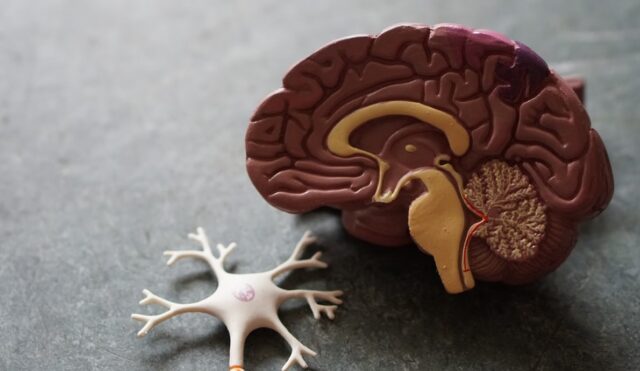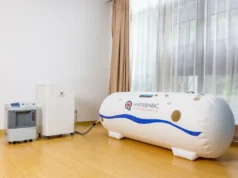
Among the most severe injuries that an individual can experience, brain damage is one of the more severe. When a driver or passenger receives a sudden impact on the head during a car accident, they may experience a traumatic brain injury (TBI). Such incidents can have varying effects ranging from a bothersome concussion to a lifelong coma with grave consequences.
After an accident, the first thing that you should do is to get yourself thoroughly checked by a doctor. Sometimes, the symptoms may take hours to manifest, leaving little room for treatment. Prompt medical attention can improve the chances of effective treatment, saving your health from further deterioration. Here’s all you need to know about traumatic brain injury:
What is a traumatic brain injury?
A sudden blow or penetrating blunt to the head can cause damage, termed traumatic brain injury. The damage can be broken down into primary and secondary injuries. When the initial impact pushes the soft tissues to collide with the skull, individual lobes and other brain parts may become damaged. Depending on the intensity of the issue, the victim may seem healthy. However, this primary injury may undergo delayed trauma, resulting in swelling, hindering the supply of oxygen-rich blood to your body’s essential organ. This may lead to secondary injuries that can pose complex medical conditions.
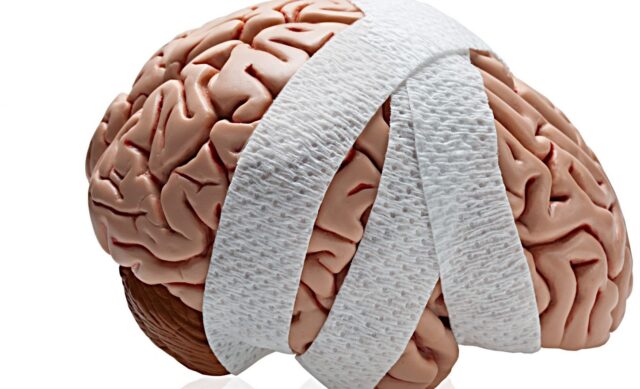
Types of traumatic brain injuries
According to Lisa Douglas, traumatic brain injuries can be categorized into two main types: open and closed. When an object penetrates the head, fracturing the skull, medical experts term it an open injury. On the other hand, when the impact doesn’t break the skull, they say a closed injury has occurred. The symptoms of the two may vary depending on the severity of the damage.
The main types of traumatic brain injuries that may result as a result of a car accident include:
Concussion
A mild TBI, a concussion, may cause memory and speech issues, induce confusion, blur your vision, and disrupt the balance. This condition can be treated with ample rest and restoration. However, if you ignore the signs of a concussion, its effects can cause long-term damages.
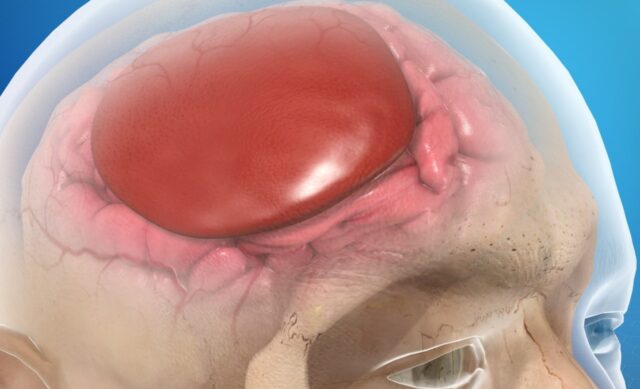
Hematoma
When a blood vessel ruptures as a result of a blow, the body responds by developing a clot to reduce the blood flow. Depending on the size of the lump, a hematoma may have different effects. Large hematomas can only be removed through invasive procedures like surgeries.
Contusion
Another form of TBI that can occur as a result of car accidents is a contusion. The bruising of brain tissue composed of injured or swollen veins and arteries may cause complications. Depending on the contusion’s size and location, a doctor may recommend surgical procedures to handle the problem.
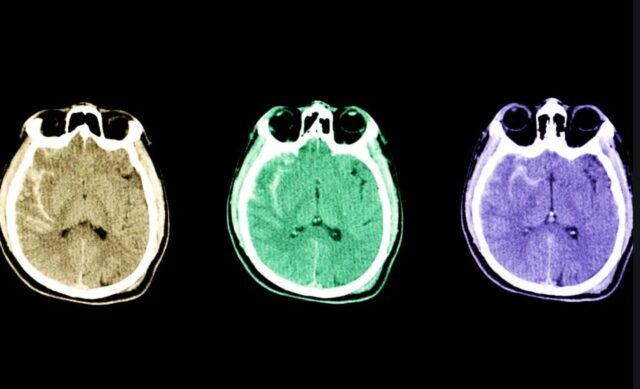
Traumatic subarachnoid hemorrhage (TSAH)
The space around the brain is filled with cerebrospinal fluid. This fluid acts as a cushion between the brain and the skull. The impact of car accidents can lead to bleeding in this area caused by abrasions in small arteries. If ignored, TSAH can irritate the brain and damage the brain cells.
Diffuse Axonal Injury (DAI)
When the brain aggressively moves back and forth in the skull due to the impact of a car crash, the nerve axons can tear, leading to excessive damage. The extensive tears in brain connections can also be fatal, and symptoms may vary according to the injury’s intensity and location.
Symptoms of TBI
While some symptoms of brain damage are visible, others may be more challenging to identify. Some signs of TBI include:
Lack of emotional control and low impulse
Your brain is made up of different lobes. Each section is responsible for different bodily functions and responses, including voluntary and involuntary reactions. The frontal lobe, located at the front end of the brain, is the organ’s largest section.
Since the frontal lobe is responsible for cognitive functions such as thinking and decision making, any injury suffered in this area can lead to disorganization, difficulties in planning, and emotional control. The frontal lobe paradox is quite common in automobile injuries.
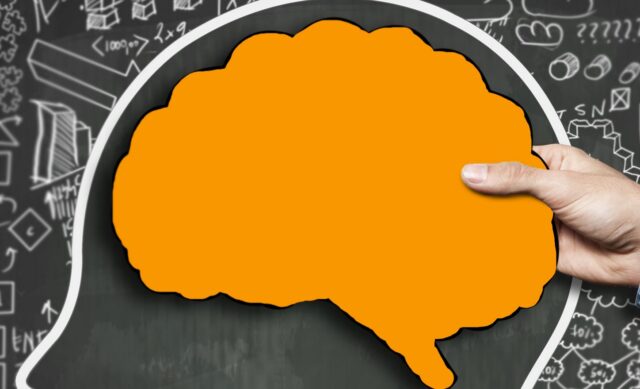
Inability to communicate
Impact suffered at the frontal and temporal lobe can lead to difficulties in communication. A speech-language pathologist can inspect a person’s thinking, chewing, speaking, and swallowing ability, assessing their capacity to perform these tasks. Damages inflicted on the left side of the brain can also hinder jaw movement and pose difficulties for the victim.
Memory lapse
Several lobes are involved in performing the function of memory. Shocks suffered by frontal and temporal lobes and injuries to the brain’s right side can lead to memory deficits. However, traumatic brain injuries are known to cause more problems for short-term memory than long-term memory. This means that individuals with TBI may face difficulty remembering day-to-day tasks such as picking up the mail and calling someone back when they said they would.
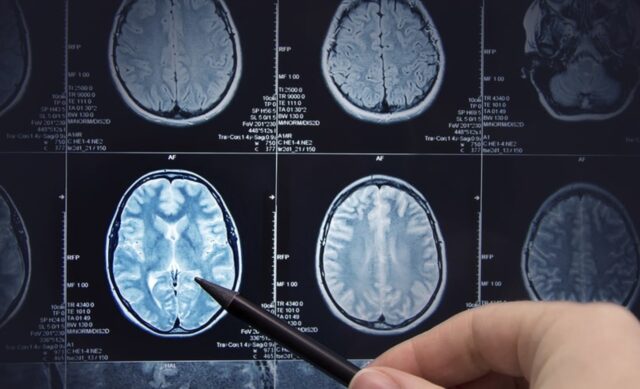
Chronic headaches
Whenever your body suffers harm, it signals the damage by inducing pain. Chronic headaches are perhaps the most common TBI symptoms, resulting in all mild, moderate, and severe cases. While you may be able to get rid of the headache in mild to moderate cases after a while, chronic headaches can last for many years. Older individuals, people with a history of brain injuries, and those will poor coping skills are more likely to experience the post-concussion syndrome.
Impacts of brain damage
Both long-term and short-term consequences of brain damage can hinder everyday functioning and cause many car crash victims. TBI is also not cheap to treat. The treatment course may take many months, incurring hefty bills. If you or a loved one has suffered due to someone else’s negligence and recklessness, you can hold them accountable under the law.
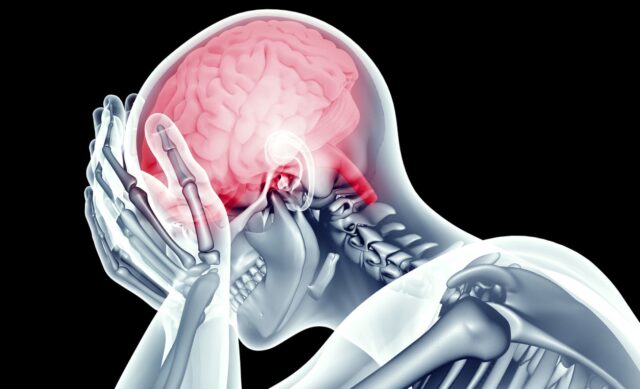
Legal assistance in brain injury car accident cases
You have the legal right to receive compensation for any injuries that may be induced during automobile accidents. Don’t ignore the signs of potential brain damage after a crash; get yourself examined by a doctor and immediately seek legal assistance. A qualified car accident attorney can ensure that your case is handled adeptly.

